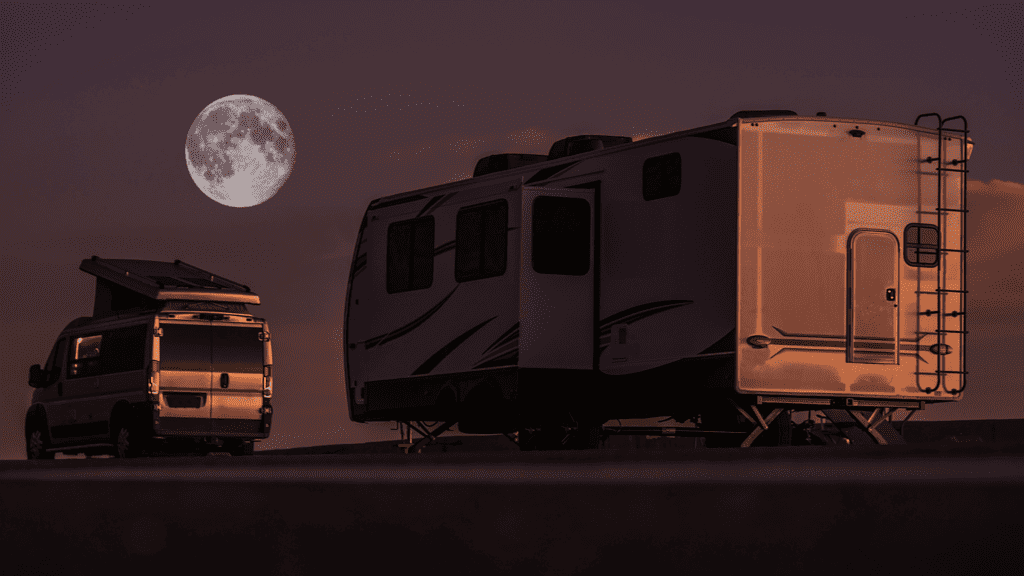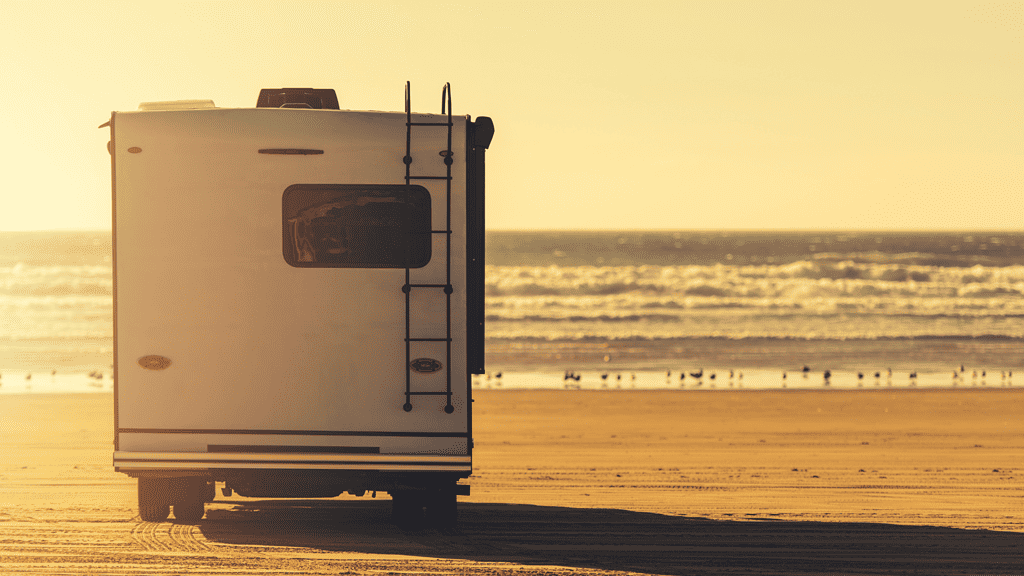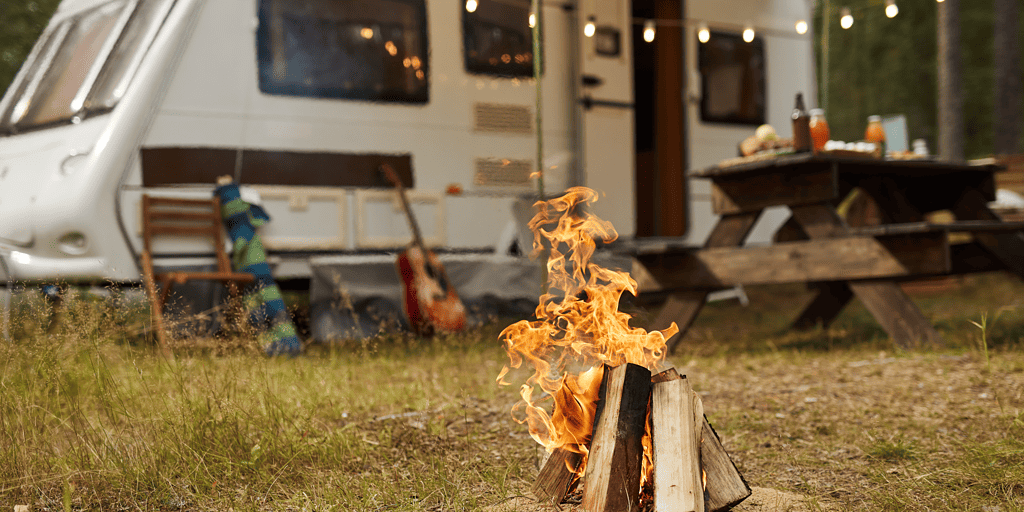
As an avid RVer, I have always been fascinated by the idea of boondocking. Boondocking, also known as dry camping, is the practice of camping in an RV without hookups, typically in remote or off-grid locations. It allows RVers to embrace the freedom of the open road, explore new destinations, and disconnect from the hustle and bustle of everyday life. In this blog post, I will share my experience and knowledge on boondocking, including what it is, its benefits, how to do it, and much more. So, let’s dive in!
What is Boondocking?
Boondocking is a term that has gained popularity among outdoor enthusiasts, especially those who love to camp in their RVs. So, what exactly is boondocking? Well, it refers to camping in your RV without any hookups or amenities. It’s all about getting off the beaten path and immersing yourself in nature. Boondocking allows you to truly disconnect from the hustle and bustle of everyday life and experience the beauty of the great outdoors.
Whether it’s parking your RV on a remote beach or finding a hidden spot in the mountains, boondocking lets you create your own little oasis in the wilderness. It’s the perfect way to escape the crowds and enjoy a peaceful and serene camping experience. So, if you’re looking for a unique adventure and a chance to reconnect with nature, give boondocking a try. Get out there, explore, and create unforgettable memories in your RV.
Benefits of Boondocking
Boondocking, which refers to camping outside of developed areas or campgrounds without amenities like electricity or water, offers a multitude of benefits for RV enthusiasts. One of the major advantages is the ability to camp for free, allowing campers to save money on nightly fees and allocate those funds towards other activities or adventures. This financial freedom opens up opportunities to explore new places, indulge in outdoor experiences, or simply relax and enjoy the scenic beauty of remote locations.
Moreover, boondocking provides unlimited campsite space, allowing campers to choose from a wide range of spots that suit their preferences. Whether it’s a secluded spot deep in the woods or a picturesque location by a serene lake, boondocking offers the chance to be in remote and scenic areas that may not be accessible through traditional campgrounds.
However, it’s important to note that boondocking requires self-sufficiency and the ability to manage without amenities, so proper planning and preparation are essential for a successful boondocking experience.
How to Boondock in an RV

Boondocking requires a bit of preparation and planning, but it’s not as complicated as it may seem. Here are the basic steps:
- Find a suitable location: The first step is to find a suitable location for boondocking. You can use apps like Campendium, FreeRoam, and iOverlander to find free or low-cost campsites.
- Pack essentials: When boondocking, you won’t have access to amenities like electricity, water, and sewer. So, you’ll need to pack essentials like a generator, solar panels, water tanks, and a composting toilet.
- Conserve resources: Boondocking requires you to be mindful of your energy and water usage. Conserve resources by turning off lights and electronics when not in use, taking shorter showers, and using a composting toilet.
- Practice Leave No Trace: When boondocking, it’s essential to practice Leave No Trace principles. This means packing out your trash, being respectful of wildlife, and leaving the campsite as you found it.
Boondocking for Beginners – Tips and Tricks
If you’re new to boondocking, here are some tips and tricks to help you get started:
- Start small: Begin by boondocking for a night or two to get a feel for it. This will allow you to test your equipment and get comfortable with the lifestyle.
- Join a community: Joining an RV community can be a great way to learn from experienced boondockers. You can find communities on Facebook, RV forums, and other social media platforms.
- Stay safe: When boondocking, always prioritize safety. Stay aware of your surroundings, lock your doors at night, and carry a means of self-defense if you feel it’s necessary.
RV Boondocking Essentials
When boondocking, there are a few essential items you’ll need to pack. These include:
- Generator or Solar Panels: A generator or solar panels are essential for providing power to your RV when boondocking. I believe both are essential, especially solar panels. The price of new panels today is coming down and they are fairly easy to install on an RV.
- Water Tanks: Water tanks are necessary for storing freshwater when you don’t have access to hookups.
- Composting Toilet: A composting toilet is an eco-friendly alternative to traditional RV toilets. It allows you to live off-grid without polluting the environment. But, when boondocking, good ole mother nature is a great alternative for doing your business!
- Portable Waste Tank: A portable waste tank is necessary for storing gray and black water when you don’t have access to sewer hookups.
Finding the Perfect Boondocking Spots
Finding the perfect boondocking spot can be challenging, but it’s not impossible. Here are some tips to help you find the perfect spot:
Use apps to find the best Boondocking spots
When it comes to boondocking and finding the best spots for RV camping, using apps can be a game-changer. One of the top options is Campendium, which offers both a website and a mobile app. With Campendium, you can search for a variety of things, including RV parks and free boondocking spots. This app provides comprehensive information about each location, such as amenities, reviews, and photos, helping you make an informed decision.
Another popular choice is the Boondocking App, which focuses specifically on finding free camping sites. It provides detailed maps and filters to help you narrow down your search based on specific criteria like cell coverage and road accessibility. With these apps at your fingertips, you can easily discover the best boondocking spots for your next camping adventure.
Location, Location, Location
When scouting for a campsite, prioritize remote and secluded areas that offer a sense of privacy and tranquility. Look for dispersed camping opportunities on BLM land, national forests, or other public lands. These locations often provide ample space and stunning natural surroundings.
Research the Area
Before heading out, conduct thorough research on the area where you plan to camp. Check for any specific regulations, permits, or restrictions that may apply to your chosen location. Familiarize yourself with the local wildlife, weather patterns, and any potential hazards.
Safety in Numbers
If you’re new to boondocking or have concerns about safety, consider camping near other experienced boondockers. Joining online communities or forums dedicated to boondocking can provide valuable insights and recommendations for safe camping locations.
Boondocking and traditional camping both have their pros and cons. Here’s a comparison:
Boondocking
Pros
Cons
Traditional Camping
Pros
Cons
How to Live in an RV Without Hookups
Living in an RV without hookups requires a bit of adjustment, but it’s not impossible. Here are some tips:
- Conserve resources: Conserve energy and water by turning off lights and electronics when not in use, using a composting toilet, and taking shorter showers.
- Use a generator or solar panels: A generator or solar panels can provide power to your RV when you don’t have access to hookups.
- Pack essentials: Pack essentials like a water tank, portable waste tank, and composting toilet.
Boondocking in a Travel Trailer

Boondocking in a travel trailer is a thrilling and adventurous way to experience the great outdoors. It involves camping off-grid, away from traditional campgrounds and without hookups to electricity, water, or sewage. This means you’ll need to rely on your RV’s onboard resources and be self-sufficient during your stay. Boondocking allows you to fully immerse yourself in nature and enjoy breathtaking views that you wouldn’t find in a traditional campground.
Before embarking on a boondocking adventure, it’s important to be prepared. Familiarize yourself with tips on conserving electricity and water, as well as ensuring internet connectivity and staying safe. There are also specific RV models that are better suited for boondocking, so it’s worth researching the best options before making a purchase.
Additionally, there are various resources available to help you find boondocking sites, such as apps and online directories. So, if you’re up for an off-grid camping experience that will truly connect you with nature, boondocking in a travel trailer is the way to go.
Embracing the Freedom of the Open Road Through Boondocking
Boondocking allows you to embrace the freedom of the open road and explore new destinations on your terms. It’s an excellent way to connect with nature, save money, and disconnect from the stress of everyday life. So, if you’re looking for a new adventure, consider boondocking in your RV or travel trailer.
Frequently Asked Questions (FAQs)
Q: Is boondocking safe for beginners?
A: Yes, boondocking can be safe for beginners with proper preparation, research, and adherence to safety guidelines. Start by choosing well-established boondocking locations and gradually build your experience and confidence.
Q: What does BLM stand for in terms of land?
A: BLM stands for the Bureau of Land Management, a federal agency responsible for managing public lands in the United States. These lands often provide opportunities for boondocking and dispersed camping.
Q: Are there any statistics on RV theft during boondocking?
A: While specific statistics on RV theft during boondocking are difficult to determine, taking precautions such as securing your RV, using deterrents, and practicing situational awareness can greatly reduce the risk of theft.
Q: What are some common problems faced by boondockers using Boondockers Welcome?
A: Common problems faced by boondockers using Boondockers Welcome, a platform that connects RVers with hosts offering free overnight parking, may include limited availability of hosts in certain areas or challenges in finding compatible parking spots for larger RVs.
Q: What are some important tips that could save your life while boondocking?
A: Some important tips that could save your life while boondocking include carrying emergency supplies, staying informed about weather conditions, practicing situational awareness, and having a well-thought-out emergency plan in place.
Final Thoughts
Camping safety is of utmost importance, especially when boondocking in remote and secluded areas. By following the tips and techniques outlined in this guide, you can ensure a safe and enjoyable camping experience. Remember to choose your campsite wisely, stay alert and prepared, respect the environment, and foster a sense of community with your fellow campers.
With proper planning and precautions, boondocking can be an incredible adventure that allows you to connect with nature and create lifelong memories. So, embark on your boondocking journey with confidence, and enjoy the freedom and beauty of the great outdoors while keeping safety a top priority.
